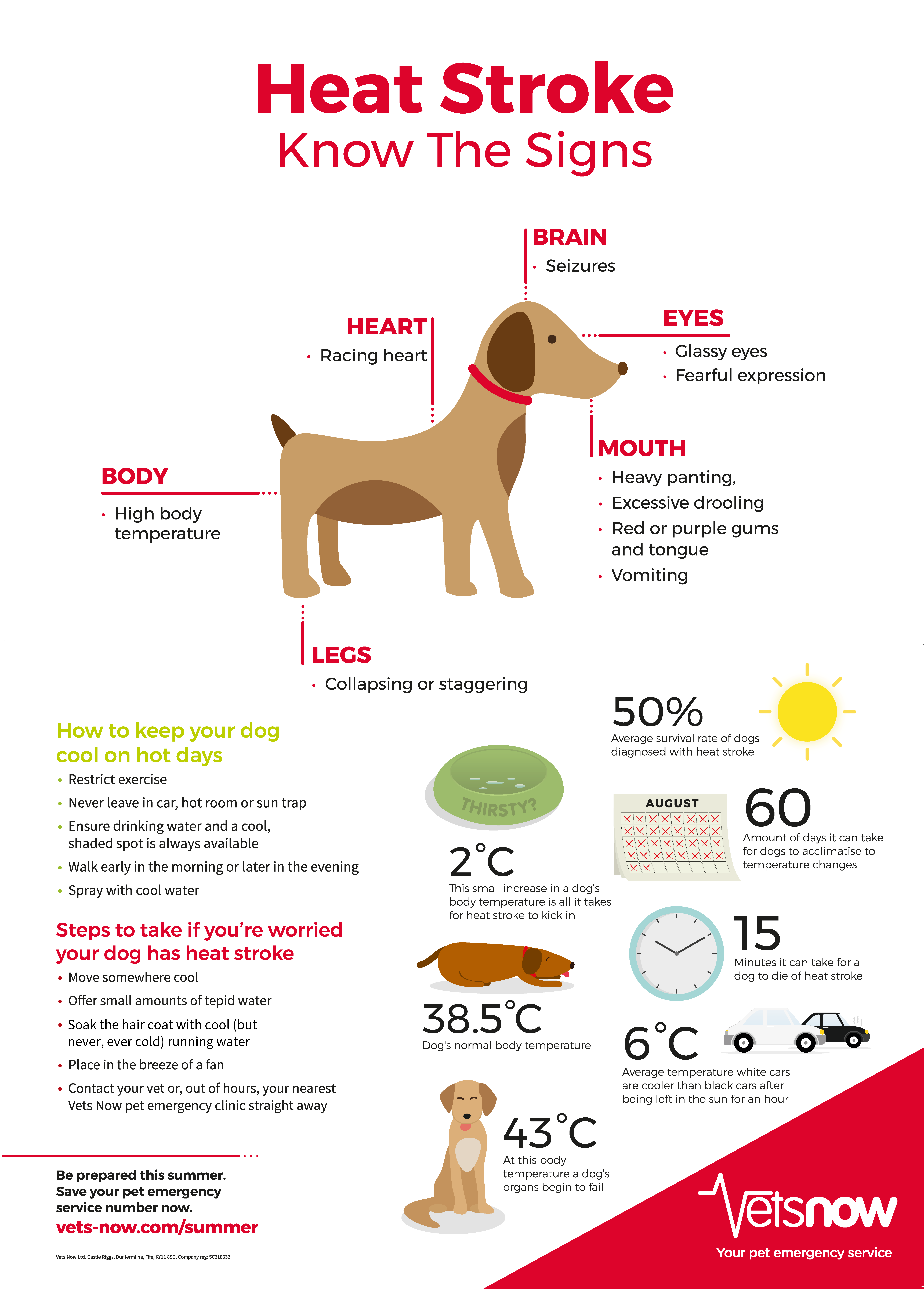Dog Daycare Pros And Cons
Dog Daycare Pros And Cons
Blog Article
Can Pet Dog Childcare Reason Health Problem?
Canines in daycare receive great deals of exercise, socialization with various other pets and special experiences. This can be especially useful for puppies and pets with behavioral issues.
There are numerous lawful factors to consider you need to consider when starting a dog childcare service. These consist of the framework of your service and conformity with federal government laws.
1. Pooch Distemper
Canine distemper is spread out through direct contact with the bodily fluids and waste of an infected canine, but it can also be transmitted via shared water and food bowls or through airborne droplets. This highly infectious disease is most hazardous for young puppies, however it can affect pet dogs of any type of age and is deadly for a lot of if left unattended.
First signs and symptoms of canine distemper often mimic a common cold, including drippy eyes and nose with watery or pus-like discharge. As the illness advances, a canine will develop fever, coughing, reduced appetite, throwing up and looseness of the bowels. The infection can additionally assault the nerve system, leading to seizures, jerking and partial or complete paralysis.
Trusted day cares decrease exposure to infection by requiring vaccinations, routine health examinations and follow rigorous health procedures. If your puppy seems excessively exhausted or limping, a day of rest may aid him recoup, yet you must prevent taking him back to day care up until these signs clean up.
2. Kennel Cough
Kennel cough, additionally called transmittable canine tracheobronchitis or Bordetella, is an extremely infectious viral or bacterial disease that affects the respiratory system. It's generally moved with the exchange of saliva or air droplets that a sick dog breathes out. Social pet dogs go to higher risk for infection as a result of their constant communication with one another, such as when they play, share food or water, sniff one another or merely satisfy in a congested environment like a dog park or childcare.
One of the most typical symptom of kennel cough is a relentless and strong cough that sounds like something embeded the throat or retching. Usually, pet dogs will cough up foamy white phlegm. If left without treatment, a pet dog can develop pneumonia and be at significant danger forever.
A trusted daycare center must have strict cleansing and hygiene procedures, sanitize all playthings, food and water bowls on a boarding for aggressive dogs near me regular basis, and be open regarding their vaccination plans. Maintaining your dog approximately day on their vaccinations, especially for bordetella and canine flu, will significantly reduce their opportunities of acquiring the illness.
3. Parvovirus
Canine parvovirus, or parvo, is a very infectious viral illness that can be harmful for young puppies and young adult pets with bad immune systems. It's most generally spread by direct contact with infected canine feces-- which can take place when pet dogs sniff, lick, or preference infected feces-- and indirectly from infected people, objects, or settings (like kennels, grooming areas and yards). Puppies and pet dogs without complete inoculation histories are specifically prone to parvo.
The virus is very resilient, enduring in the atmosphere for approximately nine years, and can easily be moved between pet dogs by contact via feces or on shoes, apparel, and bedding infected with parvovirus. If not dealt with instantly with IV liquids, electrolyte balance, throwing up control medications and anti-biotics to avoid second bacterial infections, a pet will quickly dry out and develop extreme diarrhea, which causes shock and sepsis. Parvo is tough to cure when a dog has come to be ill, however with ideal veterinary treatment, many young puppies do endure this disease.
4. Pooch Influenza
Pooch influenza virus is very contagious and spreads via direct get in touch with, sharing food and water bowls, licking or nuzzling various other canines, via airborne droplets, and via contaminated surface areas. Inoculation is effective in minimizing the risk of infection and break outs.
The majority of affected pet dogs develop a moderate respiratory system infection with a cough that lasts 1-3 weeks. They might additionally have nasal and ocular discharge, sneezing, and lethargy. Several of the most severe instances result in pneumonia and a high fever.
If your pet dog shows any of these signs, do not bring them back to childcare until they are healthy. If your pet is showing indications of severe exhaustion or limping, speak to your veterinarian right away and make certain they get on good health supplements to assist develop their resistance. A veterinarian will examine your dog for signs of the influenza by taking an example from the nose or throat, and blood tests can be done to confirm.